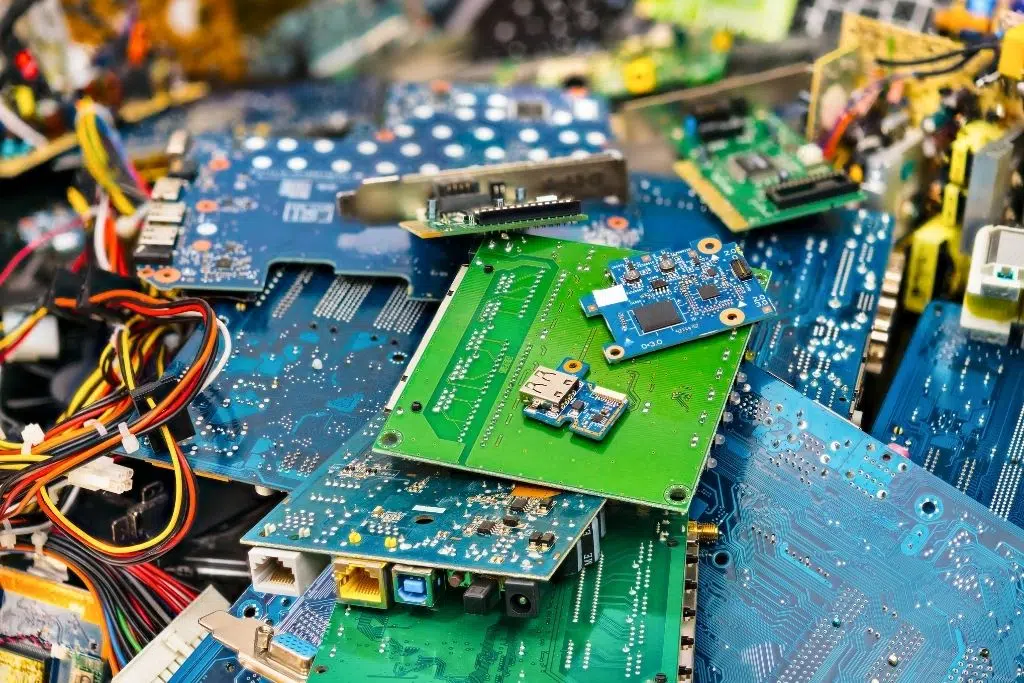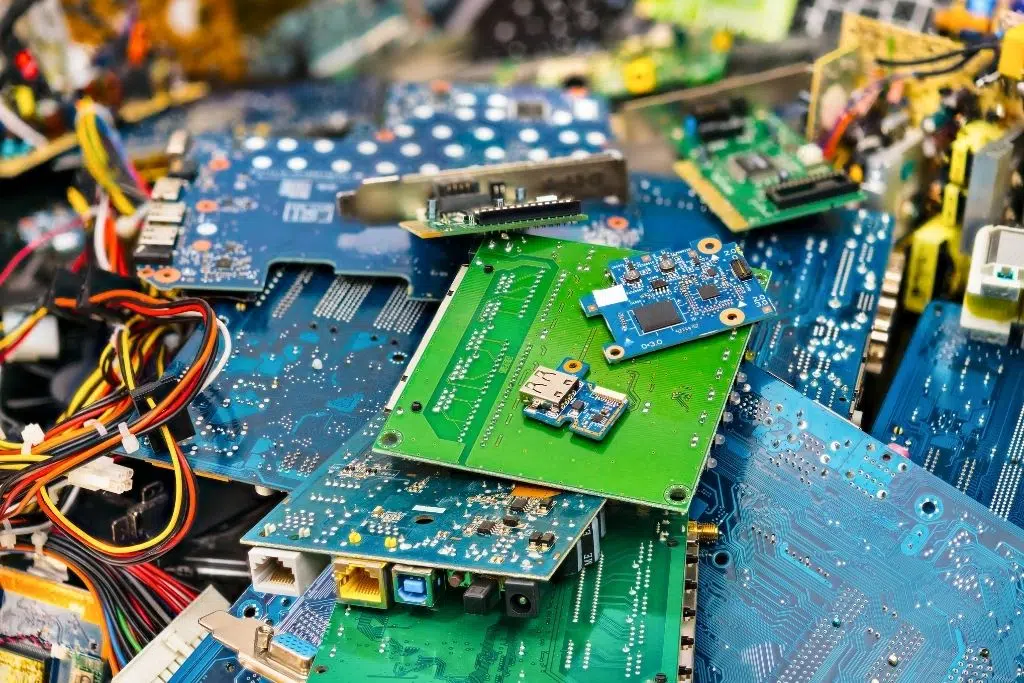E-Waste Turning Trash into Treasure: Navigating the Maze of E-Waste Recycling in India 2024
Recycling E-waste in India
In today’s digital age Recycling E-waste in India, where technological advancements seem to occur at the speed of light, electronic devices have become an integral part of our daily lives. From smartphones and laptops to televisions and kitchen appliances, electronic gadgets play a crucial role in modern society. However, the rapid turnover of electronic devices has led to a significant environmental challenge: electronic waste,

Table of Contents
E waste encompasses a wide range of discarded electronic devices, including but not limited to, mobile phones, computers, televisions, and refrigerators. According to the Global E waste Statistics Partnership, approximately 53.6 million metric tons of e-waste were generated worldwide in 2019 alone, with only a fraction of it being properly recycled or disposed of.
The improper handling of E waste poses serious environmental and health risks. Many electronic devices contain hazardous materials such as lead, mercury, cadmium, and flame retardants, which can leach into the soil and water if not disposed of properly. Improper disposal methods, such as incineration or landfilling, can release these toxins into the environment, contaminating ecosystems and posing health risks to humans and wildlife.
Furthermore, E waste represents a significant loss of valuable resources. Electronic devices contain a variety of precious metals, including gold, silver, copper, and palladium, as well as rare earth elements such as neodymium and tantalum. By recycling e-waste, these valuable materials can be recovered and reused in the production of new electronic devices, reducing the need for virgin resources and mitigating the environmental impact of mining and extraction.
Recycling e-waste offers numerous environmental, economic, and social benefits. Not only does it prevent hazardous materials from polluting the environment, but it also conserves valuable resources and reduces energy consumption associated with the extraction and processing of raw materials. Moreover, e-waste recycling creates employment opportunities in the recycling industry and promotes sustainable development by fostering a circular economy model where resources are reused and recycled rather than discarded after single use.
However, despite the importance of e-waste recycling, significant challenges remain. Many consumers are unaware of the proper disposal methods for electronic devices, leading to widespread improper disposal and illegal dumping of E waste. Additionally, recycling infrastructure and regulations vary greatly from region to region, making it difficult to ensure that e-waste is being recycled responsibly and efficiently.
To address these challenges, governments, manufacturers, and consumers must work together to promote e-waste recycling and implement effective recycling programs and policies. This includes raising awareness about the importance of e-waste recycling, providing convenient and accessible recycling options for consumers, and incentivizing manufacturers to design products that are easier to repair, upgrade, and recycle.
In conclusion, recycling e-waste is essential for mitigating the environmental impact of electronic devices and harnessing valuable resources. By recycling our old electronic devices responsibly, we can reduce pollution, conserve resources, and move towards a more sustainable and circular economy. It’s time for all stakeholders to take action and make e-waste recycling a priority for the health of our planet and future generations.
To further bolster e-waste recycling efforts, it is crucial to advocate for extended producer responsibility (EPR) policies. EPR holds manufacturers accountable for the entire lifecycle of their products, including proper disposal and recycling. By implementing EPR programs, manufacturers are incentivized to design products that are more easily recyclable and to take responsibility for collecting and recycling their products at the end of their useful life. This approach not only reduces the burden on consumers to properly dispose of their electronic devices but also encourages manufacturers to adopt more sustainable practices, leading to a more circular and environmentally friendly electronics industry.
if you want to read more about changing technology which affect our day to day life in good or bad way, follow us and stay connected with us. you can check our most viewed articles here
